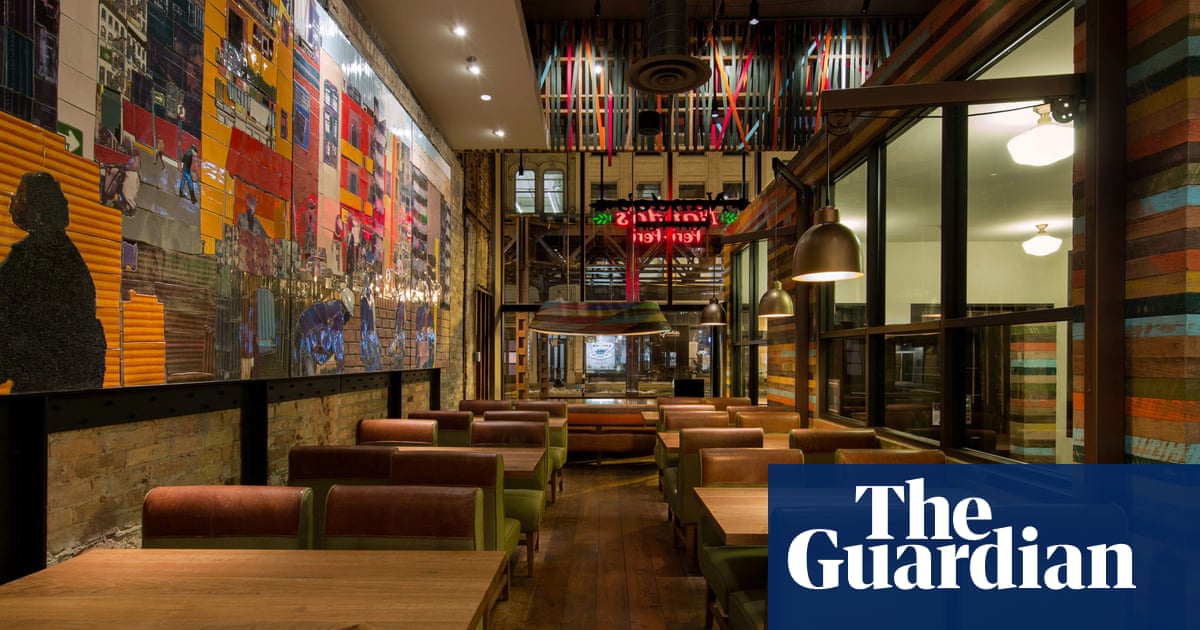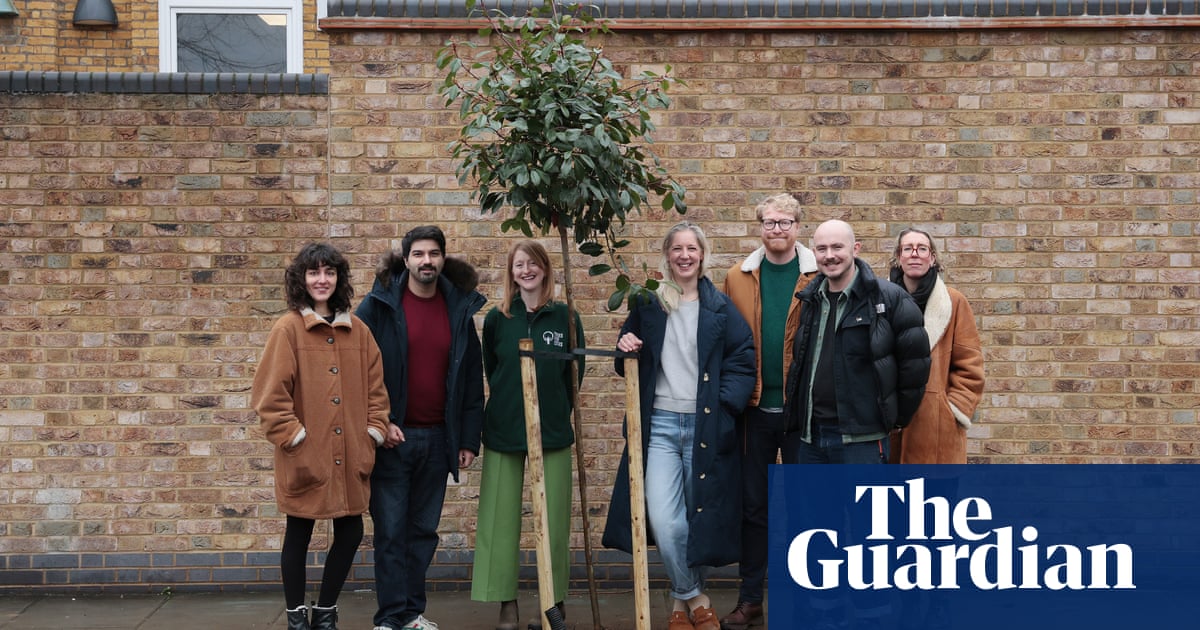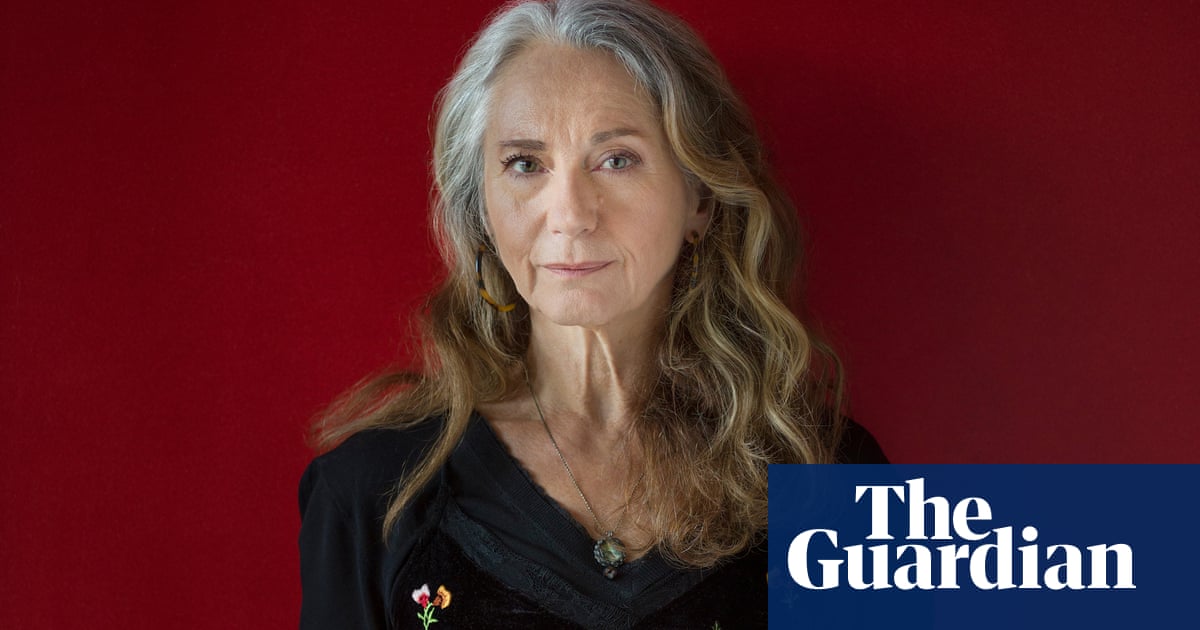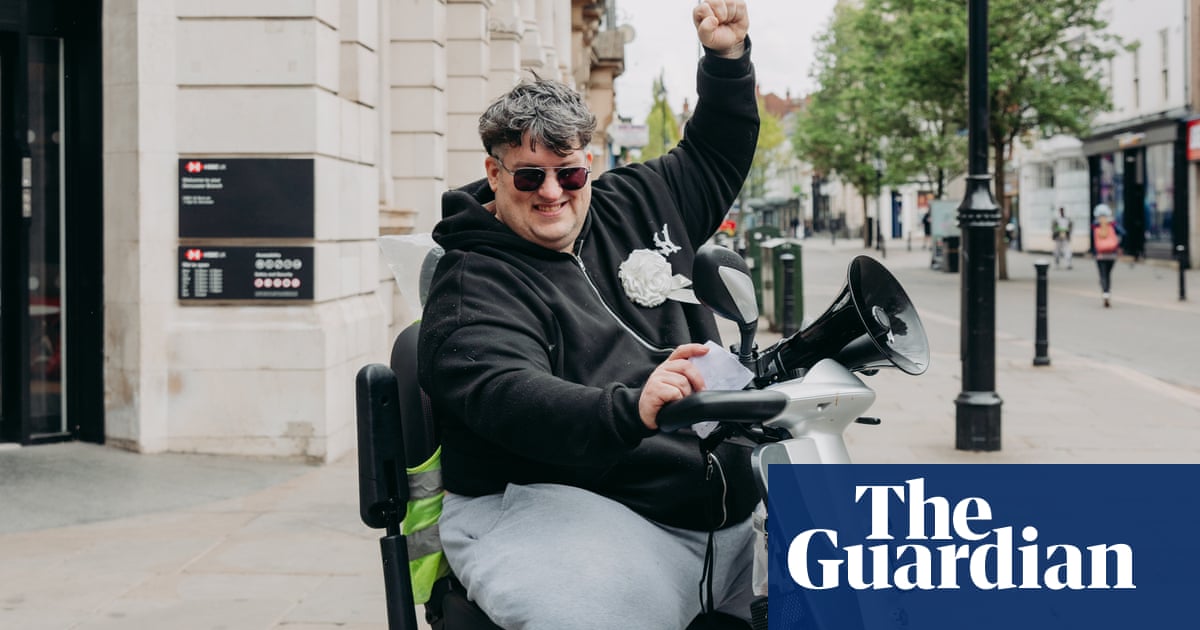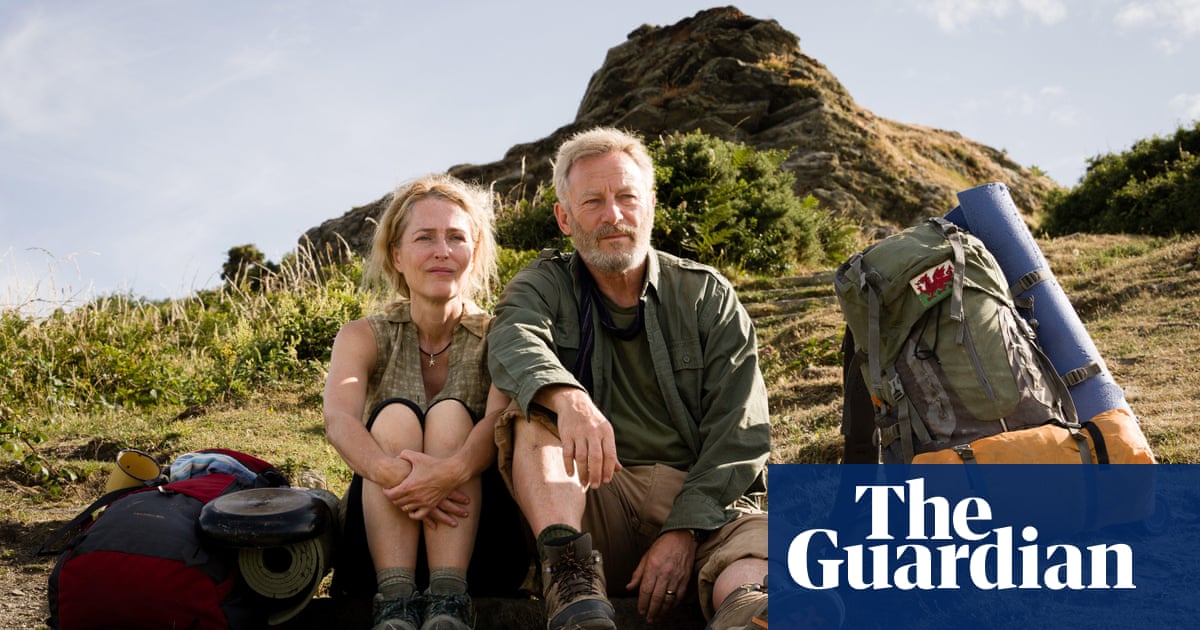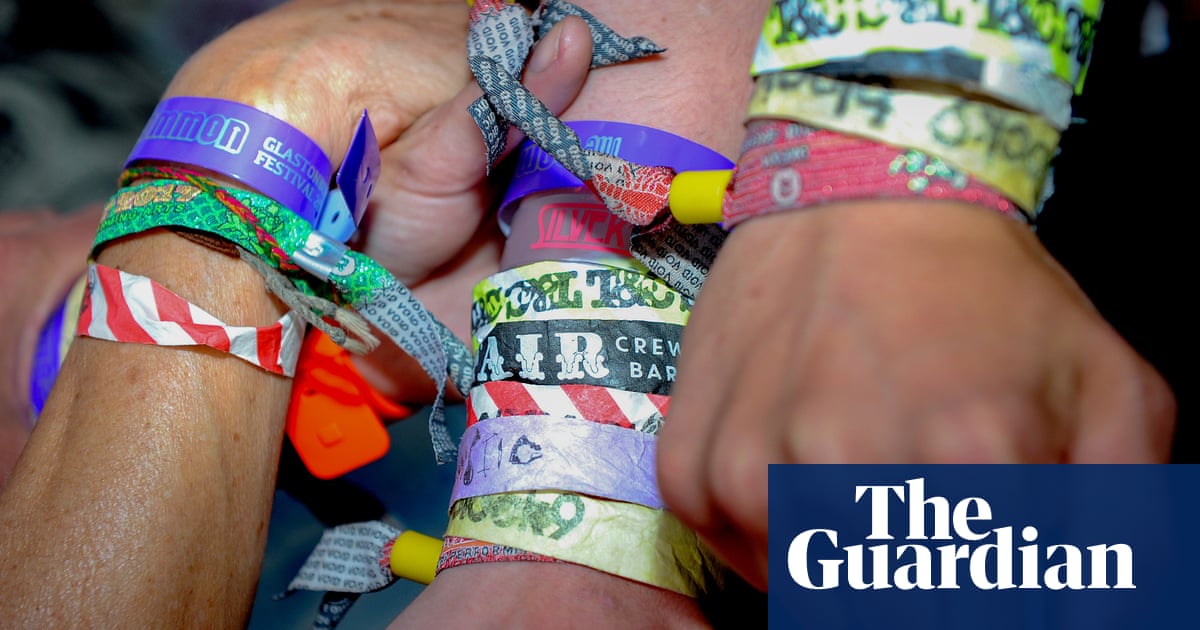“It will go all the way up there, with four floors, and a net maze,” says Jonathan Laznik, the owner of Gambado, pointing to the 10-metre-high ceiling in Forest Hill’s Capitol theatre, which is the venue for the company’s newest soft play venture.
Built as a silent cinema in 1929, the Grade II-listed art deco building, which once sat 1,600 cinemagoers, has also served as a bingo hall and, until last year, a Wetherspoon’s pub.
Novelty Guinness hats emblazoned with “Happy St Patrick’s Day!” still hang behind the bar, which Laznik says will be demolished to make way for children’s party rooms next year, if he secures planning permission.
With three other sites in Brent Cross, Chelsea and Finchley, Laznik is one of a growing number of entrepreneurs who have entered the soft play market in recent years.
After 10% of operators went out of business during the coronavirus pandemic, there are signs of recovery, with some providers including Laznik buying multiple sites.
A boom in soft play cafes on high streets has further bolstered numbers, and 1,100 businesses are now operating soft play sites across the UK.
The children’s soft play concept is often attributed to the designer Eric McMillan, whose Children’s Village in Toronto, Canada, complete with its balancing buoys and punchbag forests, is often seen as the blueprint for the sector.
Since then, they have grown in popularity in the UK, with more than 60m visits made to venues last year.
The venues tend to fall into two categories: larger soft play centres that often operate in retail parks and out-of-town sites; and smaller “soft play cafes”, usually located on high streets.
There has also been an explosion of “role play cafes” in recent years, which are mini towns and include things such as pretend supermarkets, vets and doctors’ surgeries.
Four years ago the prospects for all of these looked perilous.

Gordon Foster, the managing director of Safari Play Venues, had opened his second site in Peterborough seven months before the first Covid lockdown.
“I remember Boris Johnson saying: ‘Everything can open up with restrictions apart from nightclubs, strip joints and indoor play venues,’” he says.
During the next year, Foster would open and close several times, while taking out £350,000 in loans. “It wasn’t just the loans you were taking on, but you’re then taking on debt with the landlord,” Foster says. “It was a horrible time.”
Safari Play survived, but others weren’t as fortunate. “Covid wiped off 10% to 15% of operators, boom, just killed them,” says Maria Cantarella, the founder of the trade body the Association of Indoor Play (AIP).
However, despite the decimation, the popularity of soft play hasn’t diminished.
Everyone Active, which runs 235 leisure facilities nationwide, reports visitors to its facilities hit 418,000 this year, up 20% year on year. Demand has prompted it to convert some sports halls to include soft play, in a drive to increase footfall.
Other businesses are also hoping to capitalise on its popularity.
The Somerset-based soft play and nursery provider Family Adventures Group is one of those companies.
It secured more than £5m in investment in March from the FTSE 250 private equity group Foresight to open new sites in the West Country and the Midlands.
“We are seeing an unprecedented growth of operators looking to scale to multisite,” says Shaun Wilson, the director of House of Play, one of the country’s largest soft play equipment manufacturers. Sales leads for the fellow manufacturer Rugged Interactive haveincreased by 19% in the past 12 months.

But soft play cafes are the biggest growth area, Cantarella says.
“I think the barrier for entry is much lower than it was; you don’t need to spend £500,000,” she says, adding that the increased retail closures on high streets have led to more favourable rent deals.
Sunny and Rem Bains, a former lawyer and an investment banker respectively, opened their Crumb and Play cafe in Lichfield in October 2023. After initially looking at a bigger 1,858 sq metre (20,000 sq ft) facility, they opted to go smaller.
“To buy that would have cost £250,000, there would have been higher rates and 15 staff,” Sunny says. “Its quite daunting for someone starting out.”
In its first year the business has beaten sales expectations, with the facility proving a hit with working parents. “With the price of childcare up as high as it is, we actually see a lot of parents bringing their little ones and their laptops,” Rem says.
However, rises in the minimum wage and employer national insurance contributions are among the challenges facing the sector – and many others – from next year.
Last month, the AIP issued a release warning that the sector was facing a “perfect storm” as a result of the6.7% increase in the national minimum wage in April 2025. It also pointed to changes to business rates, which will result in hospitality businesses’ discount dropping from 75% to 40%.

With 65% of all staff in the sector under the age of 25, and many on a casual basis, the wage increase – as well as a lowering of the employer national insurance contribution threshold – will add an estimated 14% to the wage bills of some companies.
Foster, whose business employs 120 people, says they are expecting profits to be reduced by 35%. Plans to buy new ovens, furniture and new sites have been shelved, he adds.
Rachel Reeves’s October budget has also prompted Family Adventures Group to reassess its plans over where its £5m investment might be channelled.
“Part of our investment was to get our number of leisure sites to 10 (from three) but that’s uncertain at the minute, and we may look more towards the nursery market,” says the co-founder Laura Filer.

The pressure is also being felt by smaller providers, too, and Crumb Kitchen, which employs six staff, will also be affected next April.
However, in the immediate term, the Lichfield business is facing another growing challenge for soft play providers – increased competition.
Since it opened, another soft play business has opened only a mile away.
“It hasn’t really affected us because their offering is very different,” Sunny says. “But people could be setting up with similar businesses, which could make it harder for everybody if they’re too close.”

.png) 3 months ago
27
3 months ago
27




